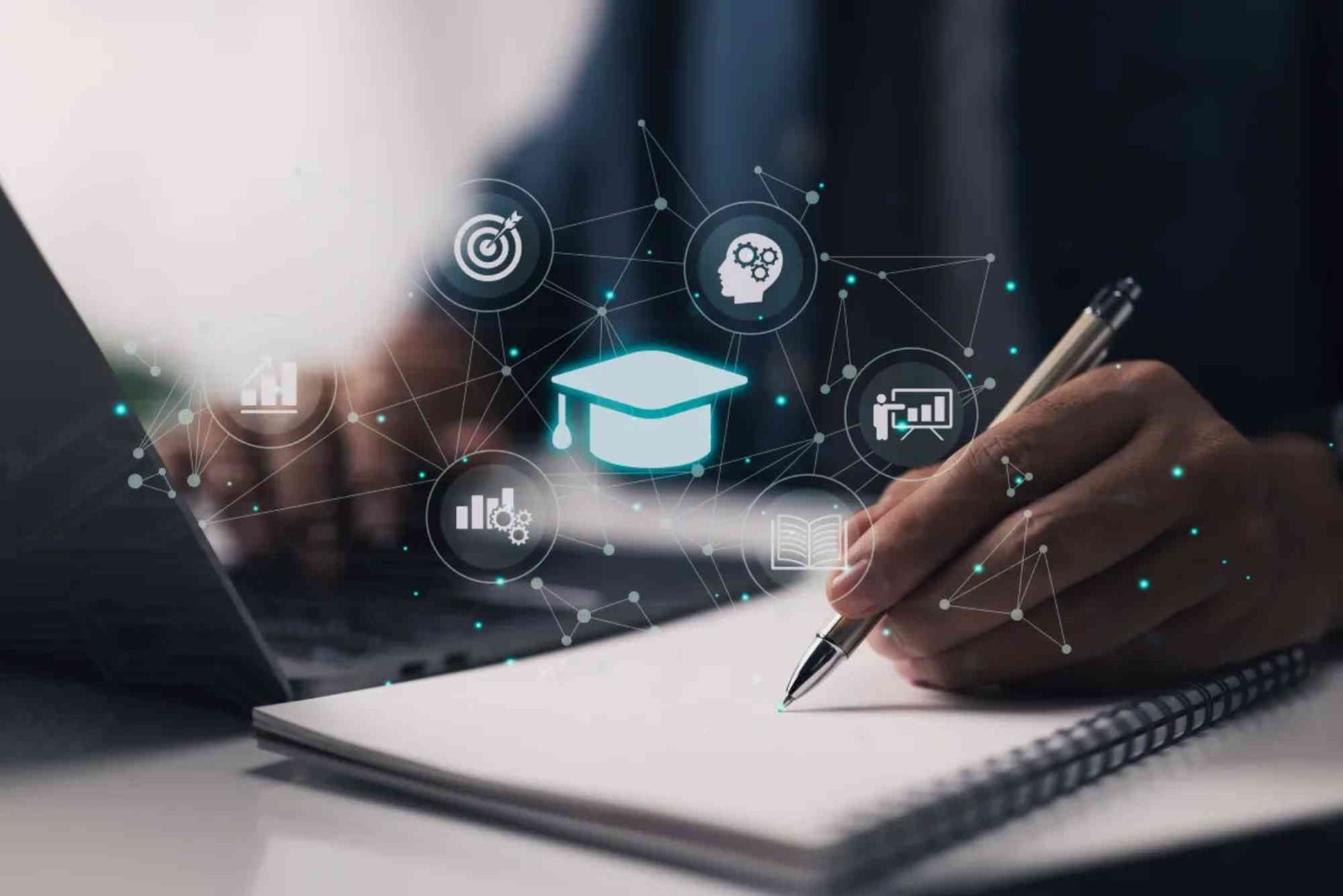Introduction
In today’s fast-paced educational environment, integrating educational technology (EdTech) has become essential. With the rise of digital tools and platforms, both students and educators have unprecedented opportunities to transform traditional learning methods. This article explores practical strategies for leveraging EdTech to enhance studying in the digital age, helping learners stay engaged, organized, and effective.
Understanding EdTech’s Role in Modern Education
What is EdTech?
Educational technology refers to digital tools and platforms designed to support learning and teaching. These include learning management systems, interactive simulations, online courses, and AI-powered tutoring systems. By integrating these technologies, education becomes more personalized, flexible, and engaging.
Benefits of EdTech
The advantages of incorporating EdTech are numerous:
-
Personalized Learning: Adaptive platforms tailor content to individual student needs, creating customized learning experiences.
-
Enhanced Engagement: Interactive tools and gamified content increase participation and motivation.
-
Accessibility: Digital resources offer flexible learning, accommodating diverse schedules and learning styles.
-
Real-Time Feedback: Analytics and instant assessments help educators monitor progress and address gaps quickly.
Practical Tips for Enhancing Studying with EdTech
Utilize Interactive Learning Platforms
Platforms offering interactive courses across subjects allow students to learn at their own pace. Quizzes, exercises, and multimedia content reinforce concepts effectively and make learning more dynamic.
Incorporate AI-Powered Tools
AI-driven applications can provide personalized guidance, explanations, and real-time assistance. These tools adapt to individual learning styles, improving comprehension and retention.
Embrace Gamification
Gamification integrates game elements into learning. Tools like interactive quizzes and challenges make study sessions more engaging, motivating students to participate actively and retain information better.
Foster Collaborative Learning
Digital platforms enable students to collaborate on projects, share resources, and communicate effectively. Real-time collaboration tools improve teamwork and allow learners to benefit from peer feedback.
Implement Digital Note-Taking and Organization Tools
Applications for note-taking and organizing study materials enhance efficiency. Students can access notes from multiple devices, integrate multimedia resources, and maintain a structured approach to studying.
Overcoming Challenges in EdTech Integration
Addressing Digital Literacy
Not all students are equally proficient with digital tools. Providing training and guidance helps bridge the digital literacy gap, ensuring that every learner can take full advantage of EdTech resources.
Ensuring Data Privacy and Security
The use of digital platforms brings the responsibility of safeguarding student data. Schools and institutions must implement security measures and follow data protection best practices to maintain trust and safety.
Balancing Screen Time
While digital tools are beneficial, excessive screen time can cause fatigue and reduce focus. Balancing online and offline learning activities is important to maintain health and effective learning habits.
The Future of EdTech in Education
The future of learning is increasingly intertwined with technology. Emerging tools like virtual reality, augmented reality, and AI-driven adaptive systems promise immersive and interactive educational experiences. These innovations have the potential to create more engaging and effective learning environments, reshaping the way education is delivered in the digital age.
Empowering training with EdTech is transforming the study experience. By embracing digital tools, learners can enjoy personalized, interactive, and flexible educational experiences. As we advance further into the digital age, integrating EdTech thoughtfully will be key to achieving better learning outcomes.
Explore more insights on this topic in our related blog article, and deepen your understanding of Empowering Training With Edtech Enhancing Studying Within The Digital Age. You can also learn more about best practices in digital learning.
FAQs
Q1: What are some free EdTech tools for students?
A1: Free tools include online interactive courses, language learning apps, and quiz platforms that make studying engaging and accessible.
Q2: How can AI enhance personalized learning?
A2: AI adapts content to individual learning styles, provides real-time feedback, and recommends resources tailored to specific needs.
Q3: Are there EdTech tools for collaborative learning?
A3: Yes, platforms support real-time collaboration, document sharing, and communication to enhance teamwork on projects.
Q4: How can I improve my digital literacy?
A4: Practice using various digital tools, attend workshops, and follow online tutorials to build skills and confidence.
Q5: What are the benefits of gamification in learning?
A5: Gamification boosts engagement, motivation, and knowledge retention by incorporating interactive and competitive elements into study sessions.




